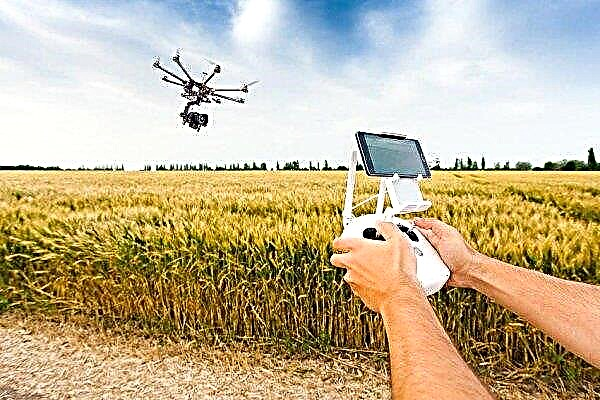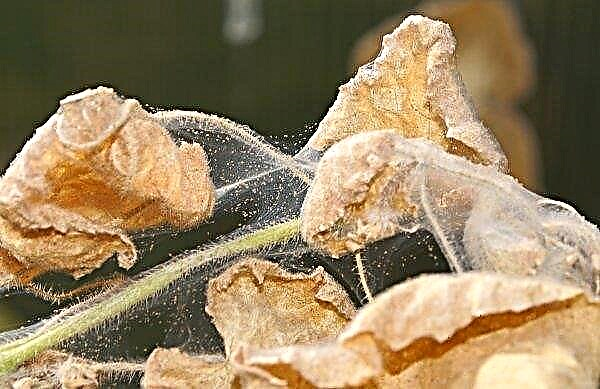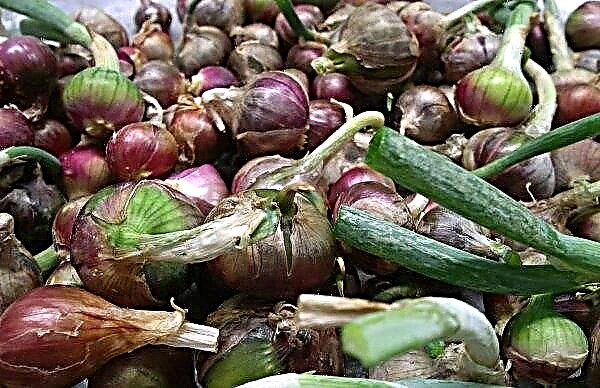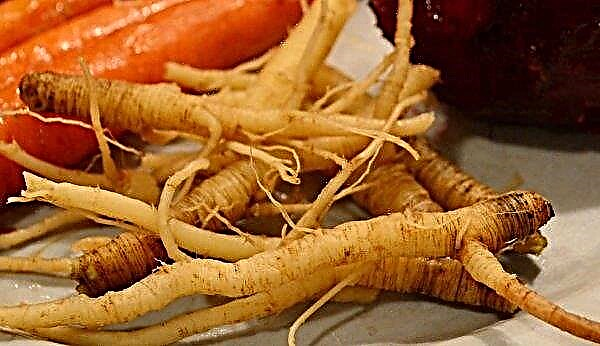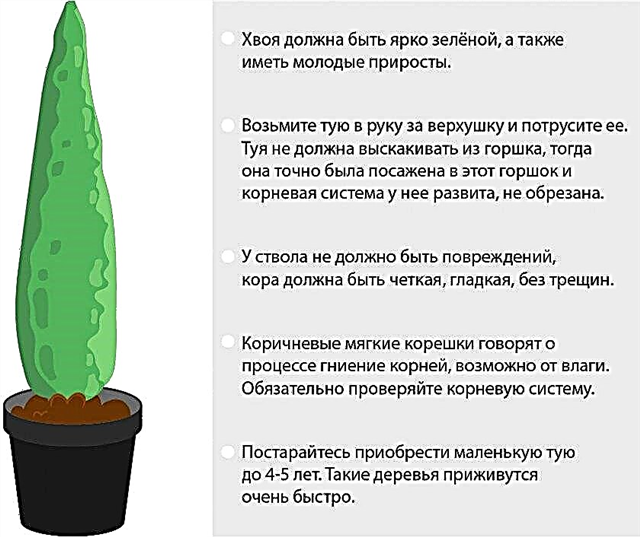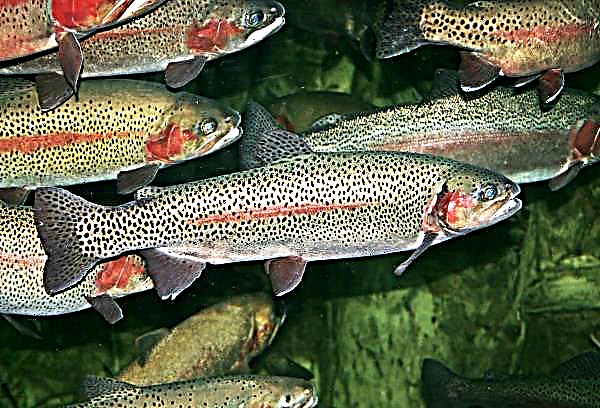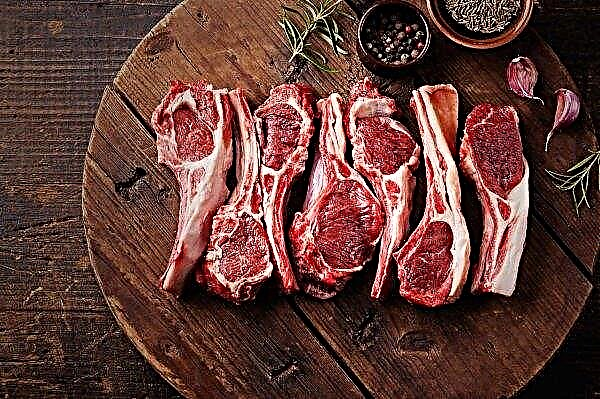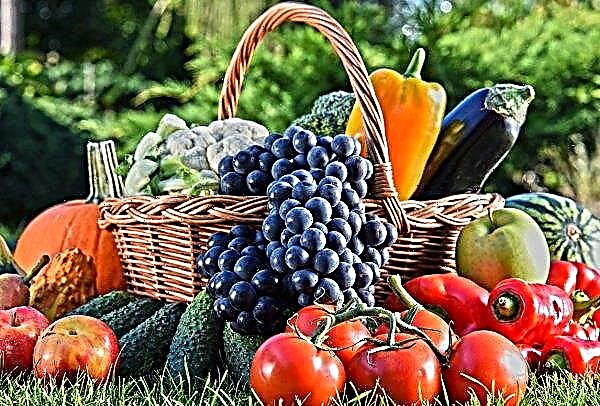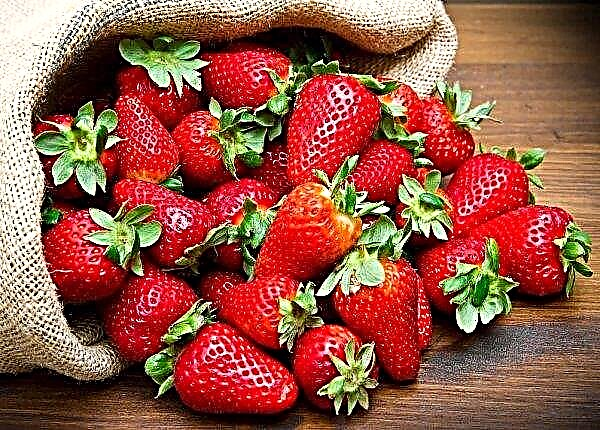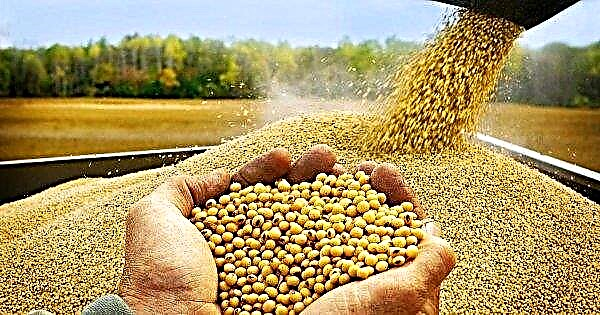Several counties are struggling against new invasions of desert locusts, despite continued spraying of the larvae.
Farmers called on the government to spray locust funds and compensate those who suffered huge losses.
Locusts are able to move in flight and on foot, and in one day the insect moves up to 20 km.
Seed producers, including the Kenya Seed Company, have shut down due to the coronavirus pandemic. “Due to the outbreak of Covid-19, we are temporarily closing our doors in accordance with government instructions to promote quarantine on our own,” a notice from the Simlaw Seeds subsidiary Kenya Seed Company at its retail outlets in Eldoret said. The company also gives similar advice to all its customers: purchase products to ensure food security in the country throughout the year.
The notification triggered the desire of farmers to violate the deadlines.
Travel restrictions were also introduced to stop the coronavirus. That is why enterprises will not work.
A swarm of locusts invaded certain areas of the districts of Trans Nzoya, Bungoma, Elgeyo-Marakvet, Baringo, West Pokot and Turkana. Farmers fear that pests will feed on sprouting crops, causing large losses.
Direct speech: “This will reverse the successes we have achieved in terms of timely planting to increase agricultural productivity and profitability and enable the country to achieve food security,” said Mr. Matthew Cosgey, a farmer from Lower Moiben in Oasin Gishu County.
- The government of Meru County in Kenya has asked farmers to take advantage of the free distribution program for avocado and macadamia seedlings.
- Kenya has now officially banned the commercial slaughter of animals due to pressure from animal welfare organizations and the growing number of donkey thefts. Donkey leather and underlying fabrics are in great demand in China and edgiao. A gelatin made from it plays an important role in traditional Chinese medicine.
- Earlier, we wrote that hordes of locusts attacked Kenya.


